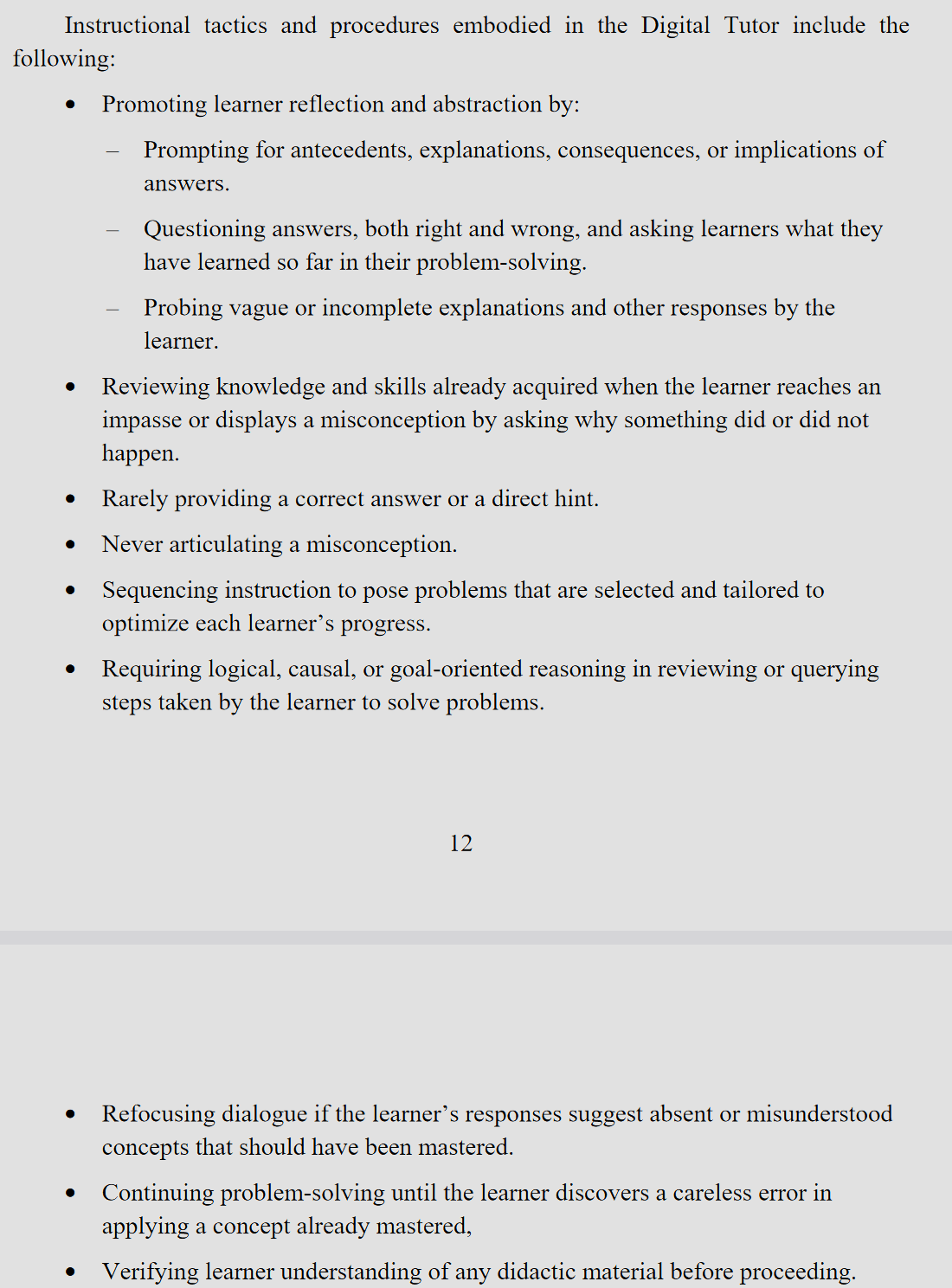flowing like water; hard like stone
post by lsusr, SilverFlame · 2024-02-20T03:20:46.531Z · LW · GW · 4 commentsContents
4 comments
4 comments
Comments sorted by top scores.
comment by StartAtTheEnd · 2024-02-21T17:37:44.276Z · LW(p) · GW(p)
I don't find most of Tao Te Ching to be difficult at all, but you often have to think psychologically rather than logically in order to get it.
If you try to walk while thinking about every step of walking (manually walking) you will likely have difficulties. But if you walk without thinking, using system 1 (concept stolen from the book 'thinking, fast and slow'), it comes easy to you. This is the first point, "trying" often gets in the way of doing.
In connection with this, there's a maxim which says "Everything done in desperation fails". This might not be the most scientific statement, but I will give an example (hoping that other people have seen it too): People who are desperate to find a girlfriend or a boyfriend often fail. But what's interesting is that, once they give up and stop trying, they suddenly manage!
I think bragging is another good example, because once you stop bragging and start being humble, other people will start giving you the validation that you wanted when bragging.
So what's the opposite of desperation? Wouldn't it be wuwei? I don't think it means "do nothing" but rather "stop fighting system 1". This also seem to be the point of improv, which I've seen discussed in LW-adjacent spaces lately. This discussion is about undoing conditioning and returning to natural spontaneity. We're basically conditioned into suppressing parts of ourselves, to the point that even speaking in front of crowds is difficult for many. But this conditioning causes us to use system 2 for everything rather than system 1. Wuwei is likely very similar to "letting go". Carl Jung has also recommended people to deal with their shadow. Common advice is "be yourself" and "believe in yourself". Jesus said we should "become like little children". I think all these ideas point at the same things, that this results in good health, and that system 1 can be trusted as long as you're psychologically healthy. How do you know? Well, if you can decide to wake up at 6 am and then have your body do exactly that, I think your system 1 is working. Waking up 2 minutes before you alarm counts as well.
That's not to mention the parts about teaching other people. In short, you should aid their growth, rather than trying to control it, and know that teaching is much more than just communicating facts. I'm not a teacher and I haven't thought very much about this angle, so I'm not the right one to ask about it.
Secondly, I will try explaining "the dao which can be spoken is not the real dao". If I were to ask you "how do I walk?" it's unlikely that you could put it into words. "Move your legs", well, how do I move my legs? It's easy, but it can't be put into words gracefully, nor can words gracefully point back at walking. If you read "UNIVERSAL LOVE, SAID THE CACTUS PERSON" by Scott Alexander, you might understand how to "get out of the car", but also see that the method cannot be put into words. In fact, as long as you're thinking in words and concepts, you're limiting yourself to what can be modeled and said by words, but we want to point at the territory, not the map. You can't model what it looks like to live in reality rather than in a model.
It sure took a lot of text to explain just two lines of Tao Te Ching. If anyone have questions about any parts of the book, or disagreements or questions about my comment, I'll do my best to answer them!
Replies from: Viliam↑ comment by Viliam · 2024-03-11T09:35:16.386Z · LW(p) · GW(p)
you should aid their growth, rather than trying to control it, and know that teaching is much more than just communicating facts.
Models are more meta than isolated facts. Creating models is more meta than memorizing them. (More meta can be an overkill if you just need to do something once, but can be a great investment in long term.)
In pedagogy: associationism vs constructivism. More generally: teaching to the test vs genuine curiosity. The paradox is that teaching to the test is known to produce bad results (even measured by the tests), but understanding how things work sometimes allows you to pass even difficult tests almost magically (from the perspective of those who don't bother to understand).

